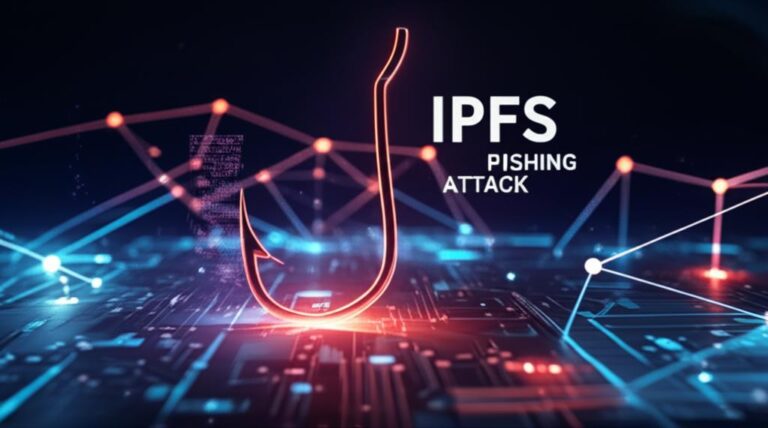Unlock Superior Cyber Defense: What Is a Managed SOC?
In today’s complex digital landscape, cyber threats are constantly evolving, making robust cybersecurity an absolute necessity. For many organizations, building and maintaining an in-house Security Operations Center (SOC) is a significant challenge due to the high costs, specialized talent requirements, and the sheer volume of security events. This is where a Managed SOC steps in as a game-changer, offering a powerful solution to enhance an organization’s security posture without the operational burden.
But what exactly is a Managed SOC, and how can it safeguard your digital assets?
What is a Security Operations Center (SOC)?
Before diving into the “managed” aspect, let’s briefly understand a traditional SOC. A Security Operations Center is a centralized function within an organization that houses an expert team of security analysts and engineers. Their primary mission is to continuously monitor, detect, analyze, and respond to cybersecurity threats and incidents. This involves using a range of technologies, including Security Information and Event Management (SIEM) systems, Intrusion Detection/Prevention Systems (IDPS), and endpoint detection and response (EDR) tools.
The Power of a Managed SOC: Why Outsource Security Operations?
A Managed SOC provides all the critical functions of a traditional SOC, but delivered as a service by a third-party cybersecurity provider. Essentially, you’re outsourcing your 24/7 security monitoring, threat detection, and incident response to a team of dedicated experts. This model allows organizations to leverage enterprise-grade security capabilities without the massive capital expenditure and operational overhead of building their own. The value of a Managed SOC lies in its ability to offer specialized expertise, advanced technology, and round-the-clock protection that might otherwise be unattainable for many businesses.
Key Services Offered by a Managed SOC
A comprehensive Managed SOC service typically includes, but is not limited to, the following critical components:
- 24/7/365 Monitoring: Constant surveillance of your network, endpoints, cloud environments, and applications to detect suspicious activities around the clock.
- Threat Detection & Analysis: Utilizing advanced tools and human expertise to identify, correlate, and analyze security alerts, distinguishing real threats from false positives. This proactive approach is central to an effective Managed SOC.
- Incident Response & Management: When a threat is confirmed, the Managed SOC team rapidly investigates, contains, eradicates, and recovers from security incidents, minimizing damage and downtime.
- Vulnerability Management: Identifying, assessing, and helping to prioritize and remediate security vulnerabilities across your IT infrastructure.
- Threat Intelligence: Leveraging up-to-the-minute global threat intelligence feeds to anticipate new attack vectors and enhance defensive strategies.
- Compliance Reporting: Assisting organizations in meeting regulatory requirements (e.g., GDPR, HIPAA, PCI DSS) by providing detailed security logs and audit trails.
- Log Management: Centralized collection, storage, and analysis of logs from various sources to provide a holistic view of security events.
Unlocking the Benefits: Why Choose a Managed SOC?
Adopting a Managed SOC model offers a multitude of advantages for businesses of all sizes:
- Cost-Effectiveness: Significantly reduces the need for expensive in-house infrastructure, software licenses, and the high salaries of specialized cybersecurity professionals.
- Access to Elite Expertise: Gain immediate access to a team of highly skilled security analysts, threat hunters, and incident responders who are constantly trained on the latest threats and technologies.
- Improved Security Posture: Benefit from a proactive, always-on defense that can detect and neutralize threats faster, significantly reducing your risk exposure.
- Faster Response Times: Expert teams and established protocols ensure rapid identification and containment of incidents, minimizing potential damage.
- Focus on Core Business: Offload complex security operations, allowing your internal IT teams to concentrate on strategic initiatives and core business functions.
- Scalability and Flexibility: A Managed SOC can easily scale to meet your evolving security needs without significant internal investment.
- 24/7 Protection: Unlike an in-house team that might work traditional hours, a Managed SOC provides continuous monitoring, ensuring threats are caught regardless of when they occur.
When Should Your Organization Consider a Managed SOC?
A Managed SOC is particularly beneficial for organizations facing:
- Resource Constraints: Lacking the budget or personnel to build and staff an internal SOC.
- Lack of In-House Expertise: Needing specialized cybersecurity skills that are difficult and expensive to recruit and retain.
- Regulatory Compliance Needs: Requiring robust security monitoring and reporting to meet industry-specific regulations.
- Growing Threat Landscape: Struggling to keep up with the increasing volume and sophistication of cyberattacks.
- Small to Medium-sized Businesses (SMBs): Often overlooked by attackers but lacking the defenses of larger enterprises. A Managed SOC levels the playing field.
Conclusion: The Strategic Advantage of a Managed SOC
In an era where cyberattacks are inevitable, not just possible, a robust defense is paramount. A Managed SOC provides a strategic advantage, offering advanced, continuous cybersecurity protection without draining internal resources. By entrusting your security operations to external experts, your organization can achieve a superior security posture, respond faster to threats, ensure compliance, and ultimately, focus on what it does best – growing its business in a secure digital environment. Embrace the power of a Managed SOC to fortify your defenses and safeguard your future.







